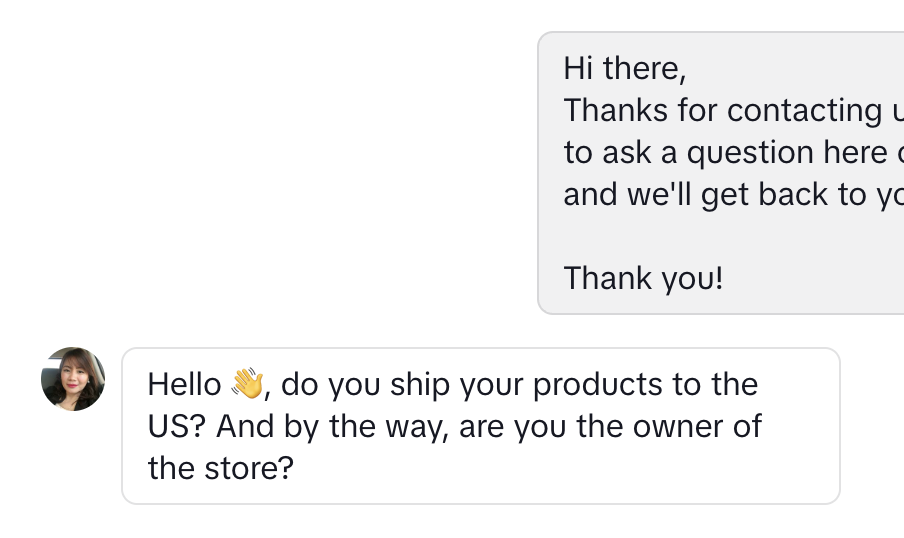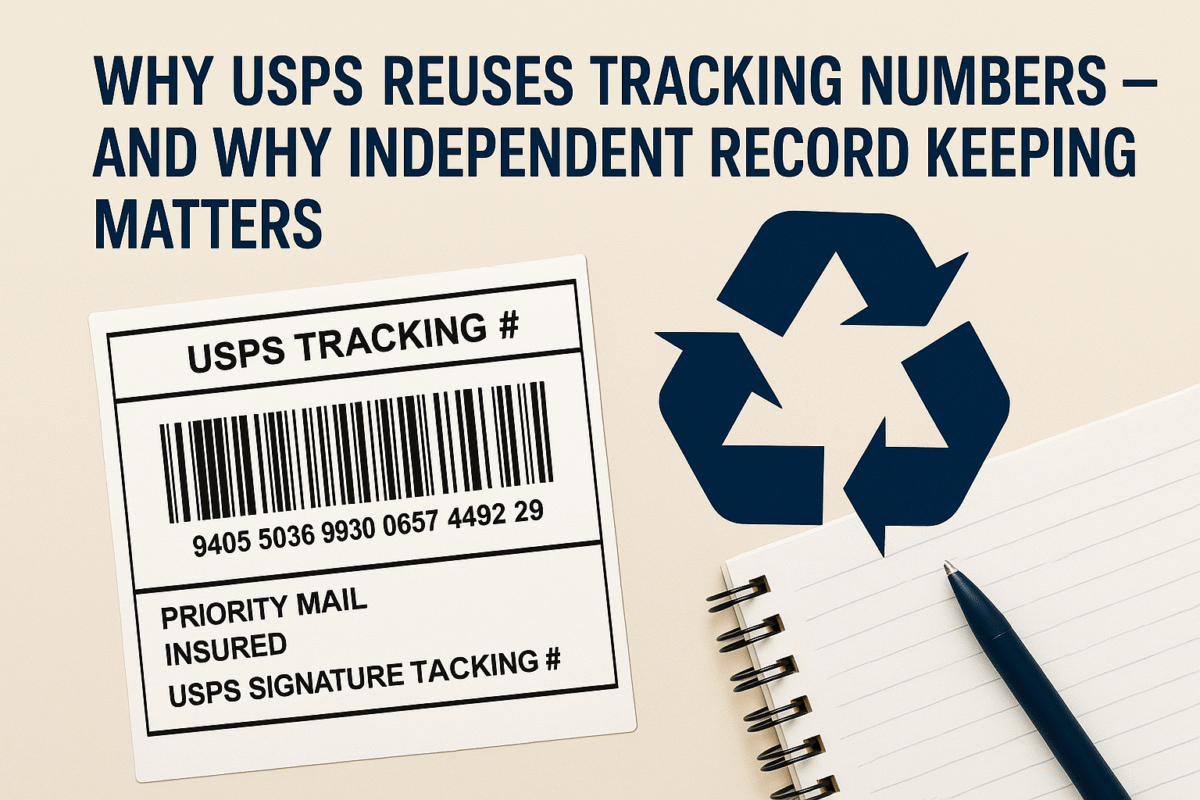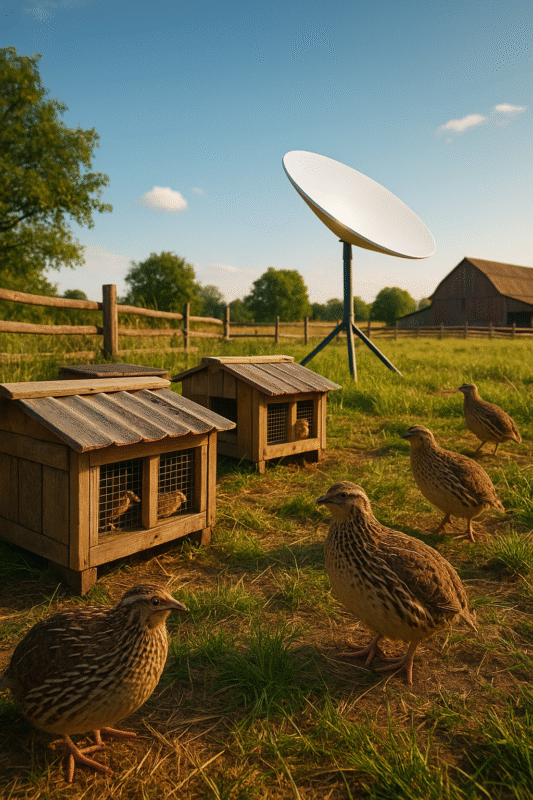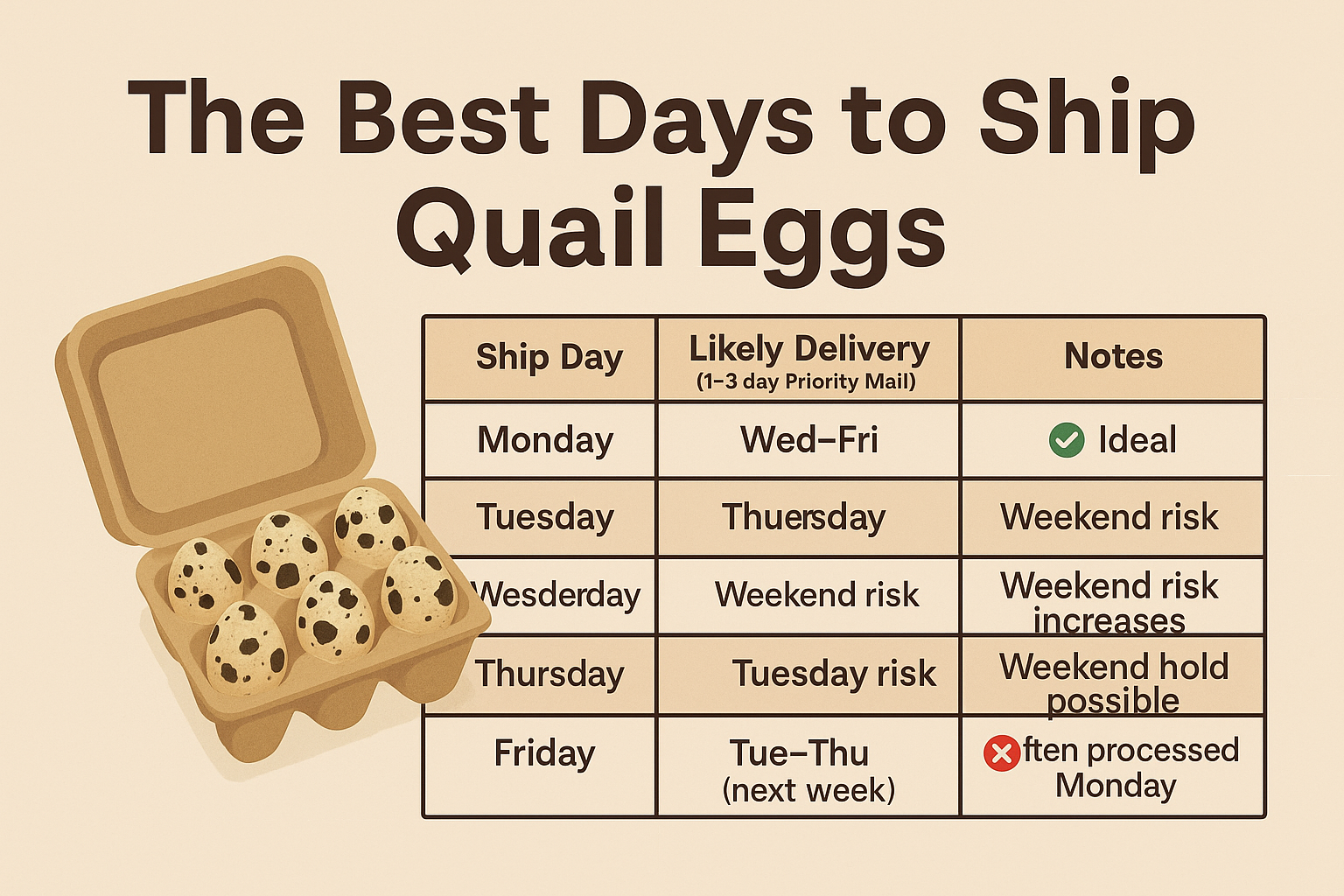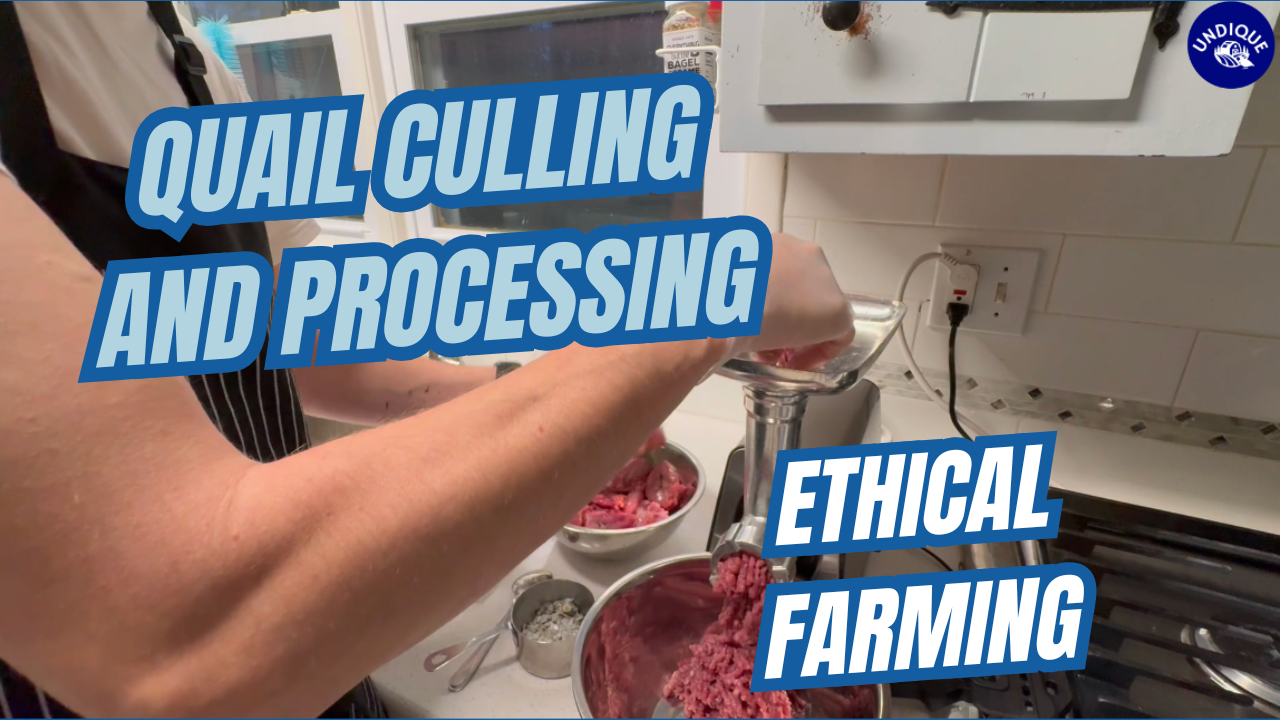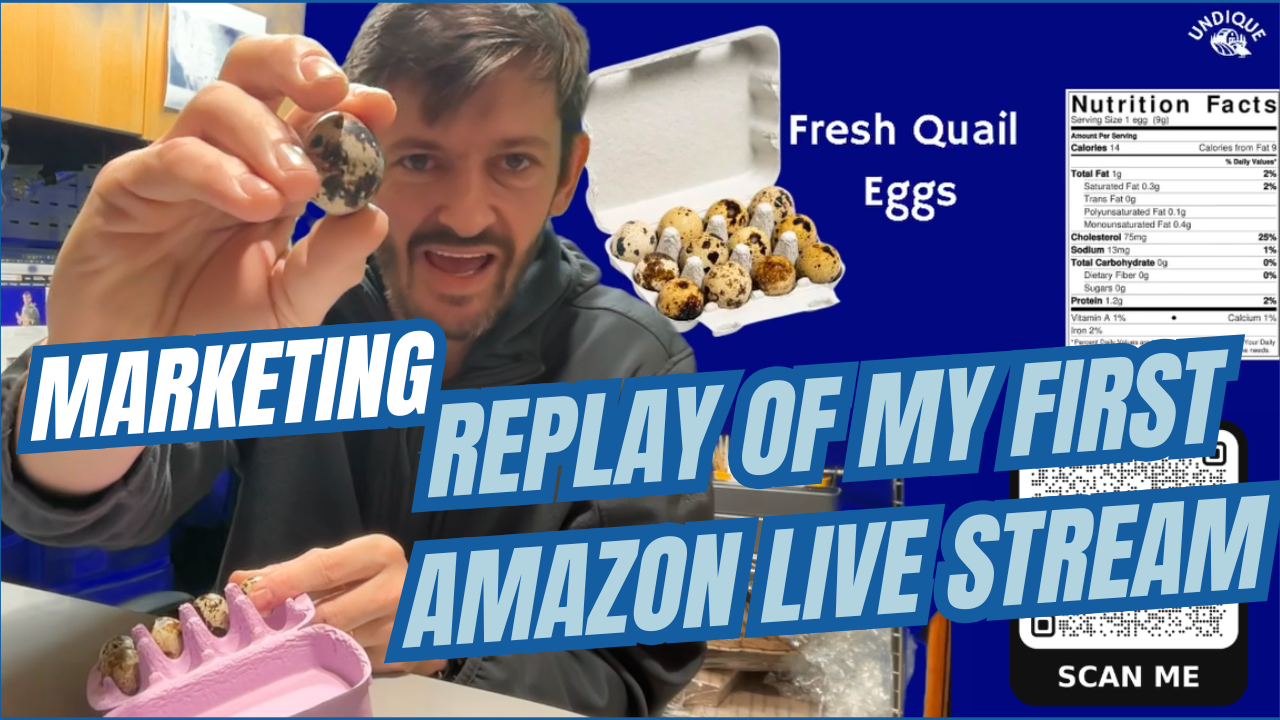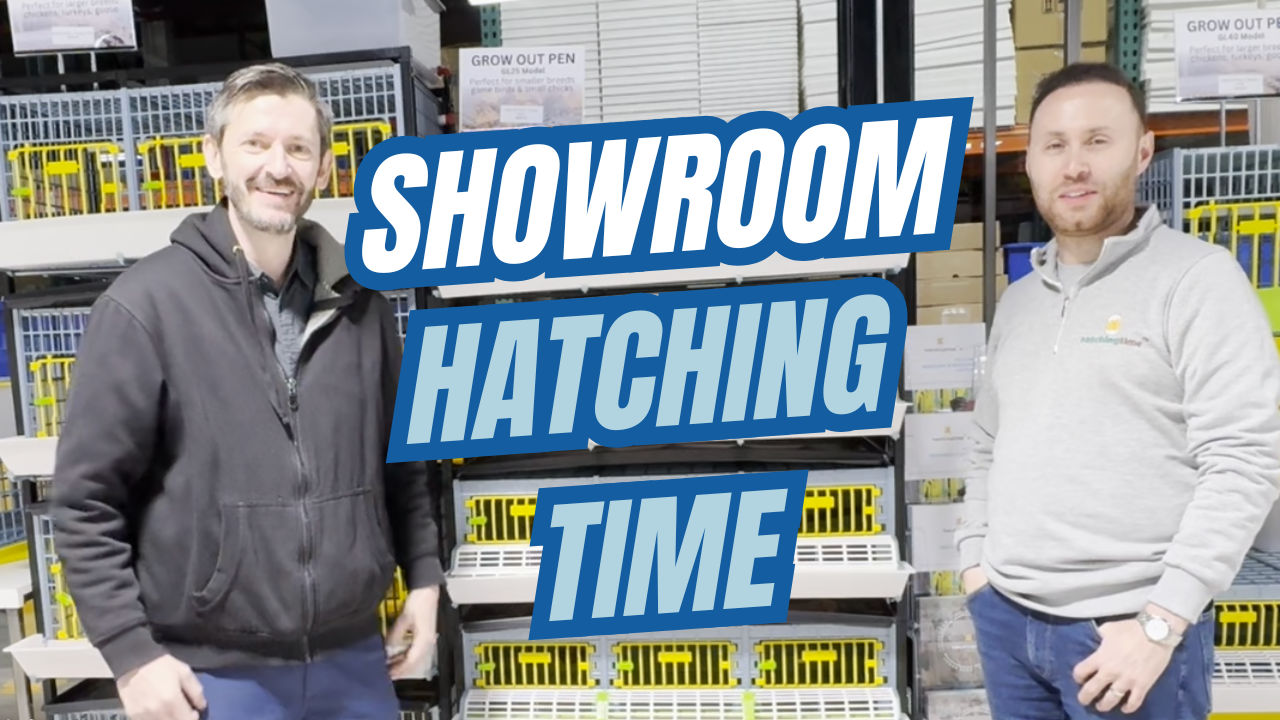NEWS
The Hidden Risk in Your Driveway: How Rodent Bait Nearly Became a Pet Emergency
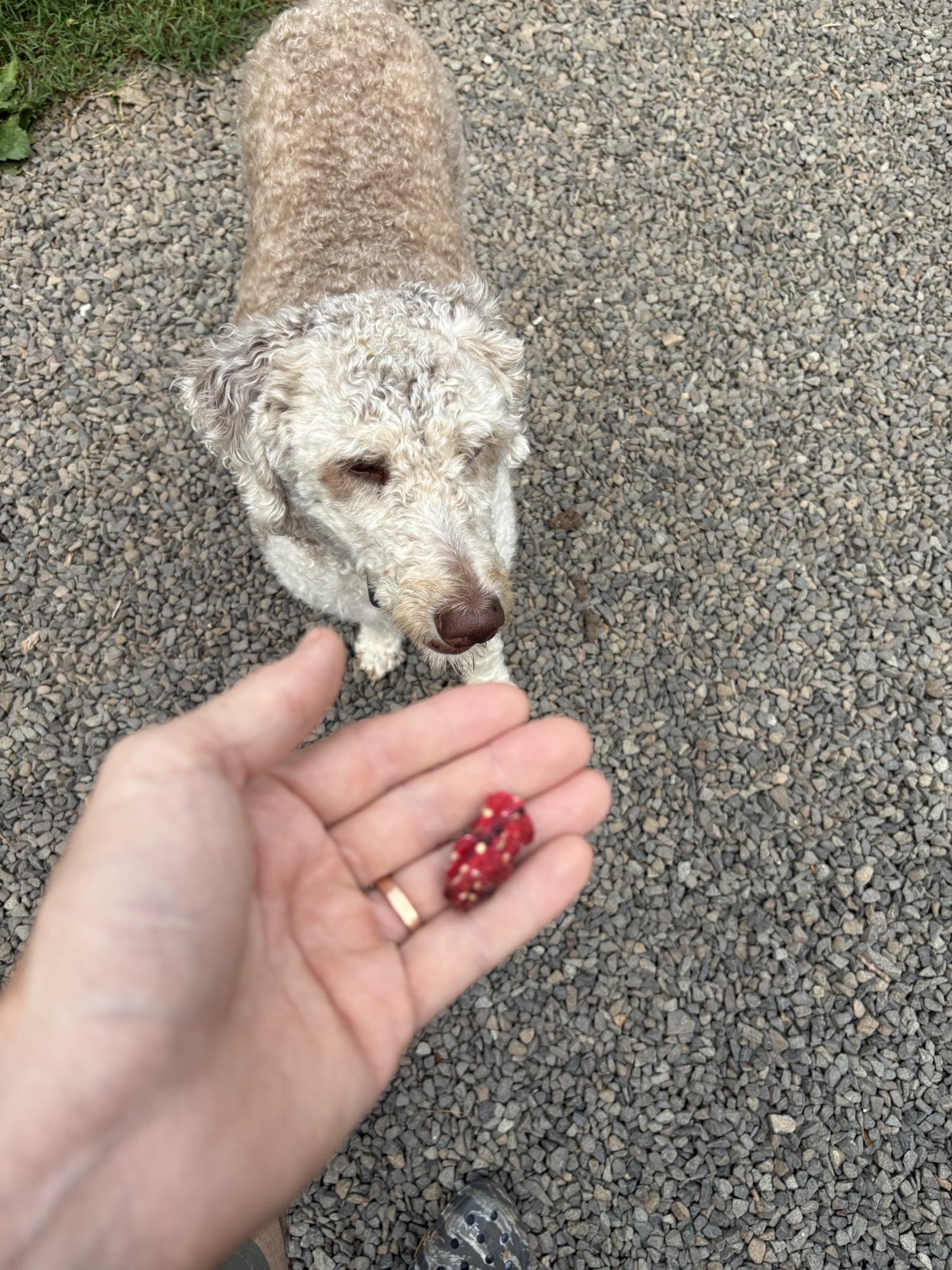
Yesterday, we had a close call right outside our home that could’ve ended very differently — and we want to share it to help protect your animals and raise awareness in our community.
While walking up our driveway, we spotted something odd: a small, bright red chunk on the ground. Our dog Hazel was already on it, curious and ready to investigate. At first glance, it looked like a berry or dog treat — but something wasn’t right.
It turns out, it was a piece of suspected rodent poison.
Not long after, a thoughtful neighbor pointed out a crow in distress on our front lawn. We were able to safely capture it and hand it over to animal rescue. The connection between the two incidents became hard to ignore.
🧪 What We Know About Bait: Green, Red, and Orange with Seeds
At our home, we use secure, pet-proof bait stations — tucked inside the garage and beside the greenhouse — to deal with rodents. These boxes contain green bait and are designed to keep pets and wildlife out.
However, many commercially used rodenticides (including green, red, and orange varieties) are formulated in bright colors with embedded seeds, and rodents can chew off small, bite-sized pieces. Those chunks may be carried away and dropped anywhere — including your driveway, your lawn, or even a public sidewalk.
We suspect a crow found one of those pieces elsewhere, then dropped it near our garage. Thankfully, we found it before Hazel mistook it for a snack.
🐾 What You Can Do to Protect Your Pets & Local Wildlife
Whether you use rodent bait or not, we encourage everyone — especially homesteaders and pet owners — to stay alert:
Inspect your property regularly for dropped or chewed-up bait pieces. Use only tamper-proof bait stations, and check that they’re secure. Educate kids and neighbors on what bait may look like — it’s not always obvious. Be mindful of wildlife — birds, squirrels, and even stray cats can be exposed unintentionally. Have a plan for emergencies, including the contact info for a 24/7 vet or animal rescue.
If you suspect your pet has ingested something toxic, don’t wait for symptoms — call your vet or the Pet Poison Helpline (855-764-7661) immediately.
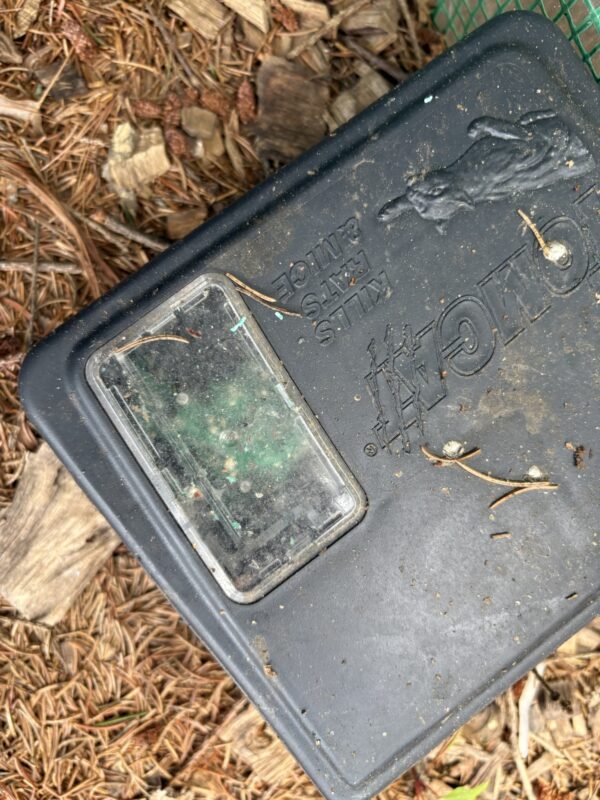
💬 Let’s Look Out for Each Other
This incident was a powerful reminder of how something small — barely bigger than a berry — can pose a serious threat. We’re grateful to our neighbor who spotted the injured crow, and thankful we were able to intervene in time with Hazel.
At Undique, we believe in sharing lessons from real life — not just for education, but for building stronger, more aware communities. As always, we welcome you to join the conversation in our HatchMasters Discord, where we talk quail, homesteading, safety, and everything in between.
Stay safe out there — and keep your eyes on the ground.
— Christian from Undique


